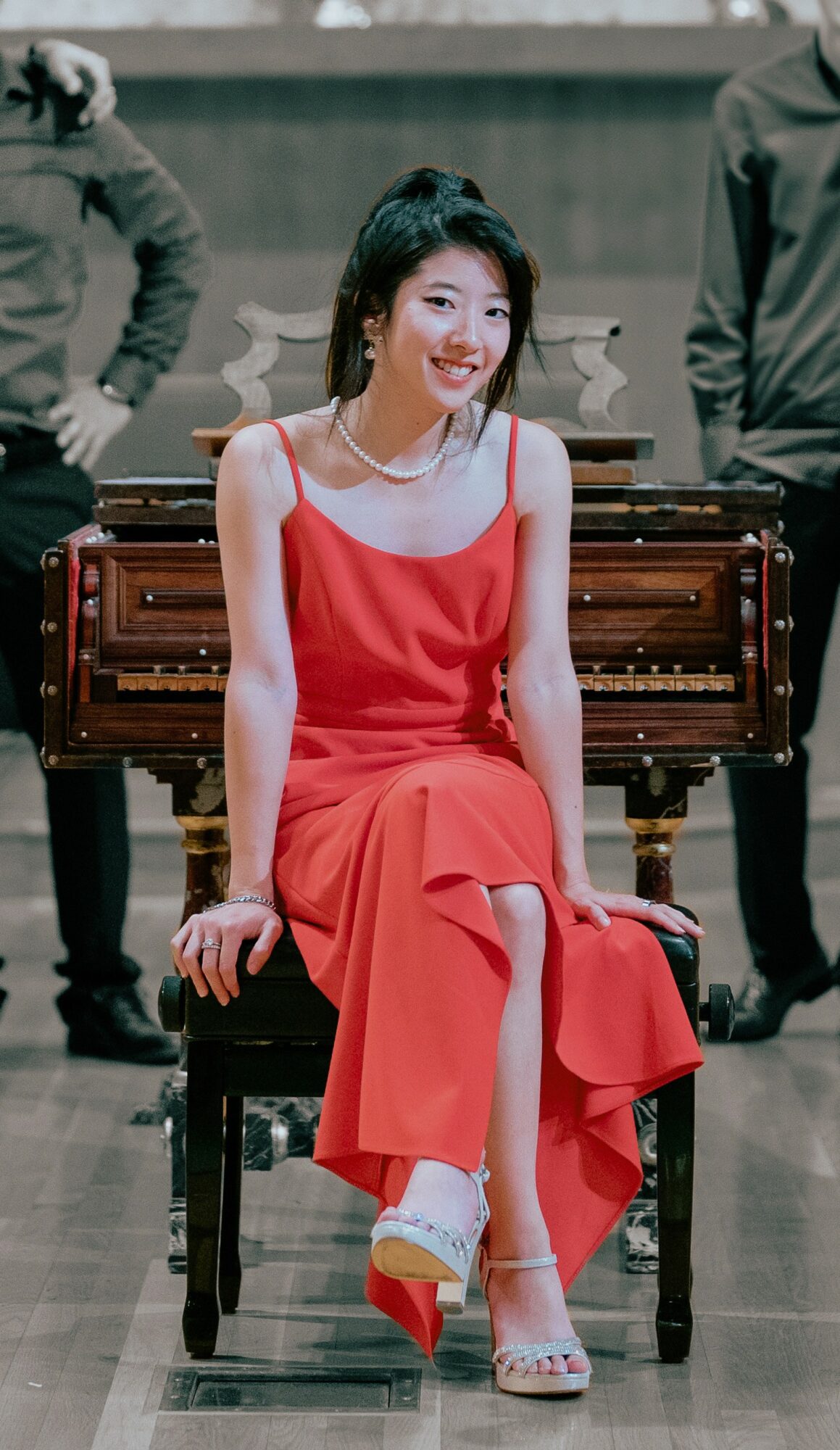

Today we’d like to introduce you to Keika Mori.
Hi Keika, thanks for joining us today. We’d love for you to start by introducing yourself.
I began playing piano at age five, and at first it felt more like a chore. I often wished I could be outside playing with my friends instead of practicing. That perspective changed when my family moved from San Jose, CA to New Providence, NJ. There, I had the privilege of studying with pianist Yukiko Akagi. She was not only a brilliant musician but also someone I deeply admired due to her charismatic demeanor and chic fashion. One day after a lesson, she performed Liszt’s Mephisto Waltz for me. It was my first time hearing a professional pianist live, and it completely transformed how I viewed music. From that moment, I aspired to someday play with the same level of artistry and technique.
In middle school, I began attending piano summer camps and found a supportive music community. This inspired me to apply to the Manhattan School of Music’s pre college program in New York City. With Ms. Akagi’s guidance, I was accepted into Ms. Miyoko Lotto’s studio. I spent every Saturday immersed in lessons, chamber music coachings, and theory classes. While I struggled to fit in at my high school in New Jersey, pre-college became a second home where I felt like I truly belonged. A particularly meaningful milestone was performing Mephisto Waltz at my pre-college senior recital.
During my senior year of high school, I decided to pursue music as a career and enrolled at the Manhattan School of Music. There, I studied with the late Phillip Kawin and later also completed my Master’s degree. Without the demands of high school academics and extracurricular activities, I was able to fully focus on classical music. I practiced for hours daily, driven purely by passion, and I also explored a range of disciplines from composition to jazz piano.
The summer before my Master’s program, I began working part time at Manhattan School of Music’s Center for Music Entrepreneurship. Initially, this was a way to fill time between classes and practice. However, it quickly became an invaluable learning experience for me. I managed the “Hire a Musician” initiative, which connected clients in the tri-state area with performers for weddings, parties, and other events. My extensive network in New York helped me effectively match clients and musicians. I enjoyed collaborating to ensure smooth, memorable events. During the few years I worked here, I developed skills in business etiquette, administration, and music entrepreneurship.
Life in New York City was vibrant, full of music, friends, and adventure, but the COVID 19 pandemic hit just months before my Master’s graduation. Everything changed: In person gatherings stopped, performances moved online or were canceled, classes and even graduation ceremonies became virtual. My post graduation plans to perform and gig around the city seemed bleak. Meanwhile, my parents, who had relocated to Irvine, California, encouraged me to move there for safety reasons.
Reluctantly, I moved to Irvine in the summer of 2020. The world was standing still, but somehow I was expected to move forward. Starting over during a global pandemic without friends and colleagues, live music, or a job wasn’t just difficult, it was disorienting. I was 23, with a music degree that no longer felt like it pointed to any real future. The world I had imagined for myself didn’t exist anymore, and I had no idea where to turn next. I felt untethered, invisible in a small town I didn’t know, trying to make sense of a future that no longer had a shape. I was completely lost.
After several months of uncertainty and searching, I was finally hired as a piano instructor at a local music school. Even though masks covered our faces and social distancing rules kept us physically apart, teaching in person gave me a renewed sense of purpose and a much-needed connection to others. This was where I discovered a deep and unexpected passion for teaching. Watching my students grow and develop their musical abilities became one of the most rewarding and fulfilling parts of my journey, and it was something that gave me hope and motivation even during challenging times.
As the world slowly began to heal and the threat of the pandemic eased, I found myself ready for a new chapter. Fueled by the joy and purpose I’d found in teaching, I made the bold decision to open my own music school.
Would you say it’s been a smooth road, and if not what are some of the biggest challenges you’ve faced along the way?
The path was far from smooth. As I mentioned before, the time I moved to Irvine, CA during the global pandemic after freshly graduating (online) with my Master’s degree was difficult. But thinking back, the roughest experience was probably throughout my high school years. This period proved especially challenging due to the numerous responsibilities I had to manage simultaneously with limited time.
Although many young pianists choose homeschooling to focus solely on music, my parents insisted I have a traditional high school education in case I changed my mind about pursuing music professionally. We made a deal: I could continue to attend Manhattan School of Music pre-college only if I maintained straight A’s at my high school, secured a spot in the varsity tennis team, took as many AP classes as possible, and scored an almost perfect score for the SATs.
As a result, high school years were all work and no play. From early morning tennis sessions to late-night piano practice, I barely had time to even procrastinate on thesis papers or AP exams. There were some days I was so overwhelmed that I wanted to just cry and give up. But I continued to remind myself of the long term goal and what I have to do to achieve it. This was when I was forced to learn how to have impeccable time management. Making use of early mornings and cutting out distractions such as video games and social media became non-negotiable. Most importantly, I learned the power of deep focus: dedicating myself fully to one task and completing it with efficiency and purpose. One hour of focused piano practice is far more productive than three hours of mindless and aimless repetition.
This discipline allowed me to prepare and perform two piano concertos with orchestra in my junior year, secure a spot on the varsity tennis team for three years, and pass four AP classes. It was physically and mentally demanding, but I’m grateful that my parents pushed me. Those high school years prepared me for the challenges ahead.
More recently, I recall facing a number of challenges while trying to organize a student recital during the early stages of the pandemic. This was before I founded Mori Music Studio. I was still only teaching a handful of private students, and I was eager to give them the traditional experience of a student concert as a way to share their progress. Having never hosted a recital before, the idea felt daunting to begin with. Additionally, with most venues closed to gatherings at the time, the prospect of organizing an in-person event felt nearly impossible.
Then I remembered that my neighbor, who was also my landlord, had a spacious backyard with a stunning view overlooking a hill. That sparked a bold idea: what if I hosted an outdoor recital? After receiving their permission, I reached out to a violinist friend and invited him to have his students join us as well.
Unlike a traditional venue, where there is typically a stage, piano, and chairs already set up, this event required starting from scratch. I had to arrange everything myself, from moving a piano outside to renting tents and seating. Being outdoors also presented unique acoustic challenges. Thankfully, with a friend’s expertise in sound setup, we were able to install microphones and multiple speakers to enhance the audio experience.
Looking back, that first recital was the most physically demanding and logistically complex event I have ever organized. But it also gave me the experience and the confidence I needed to continue hosting recitals and professional events, something that has now become an integral part of Mori Music Studio.
Appreciate you sharing that. What should we know about Mori Music Studio ?
Mori Music Studio began as a small operation in 2023 with just me as the sole teacher, and I worked hard to ensure each student received the highest quality music education and a meaningful experience. By combining my classical piano expertise with a deep passion for teaching, I aimed to offer lessons that were both informative and inspiring. Fortunately, I truly loved what I did, and word began to spread.
As my schedule filled up, I realized it was time to bring in other professional musicians who shared my passion for music and pedagogy. Many of my conservatory colleagues had scattered across the globe after the pandemic, but a few had also settled in Orange County. I invited them to join Mori Music Studio.
With new teachers on board, I had to rethink the way I ran the business. Since I was operating out of my home in North Tustin, space and scheduling quickly became limited. I also noticed that many families preferred in-home lessons. In response, I shifted the studio’s model to focus primarily on mobile music instruction.
At Mori Music Studio, we are proud to have a team of five dedicated, highly trained instructors specializing in piano, violin, clarinet, and music theory. Serving students across Orange County and San Diego, our faculty members bring not only teaching expertise but also active performance careers to the studio. Each of us continues to perform regularly as soloists, ensemble members, and often together in chamber music settings. These collaborations are not only musically enriching but also foster a strong sense of artistic community within our studio.
As performers and educators, we are deeply committed to lifelong learning. We consistently study new repertoire, sharpen techniques, and stay connected to the musical community. This ongoing pursuit of excellence allows us to bring fresh energy and real-world insight into our teaching, helping students of all levels grow not only in technical skill but also in musical expression and confidence. At Mori Music Studio, music is more than a lesson; It’s a shared journey of artistry, discipline, and joy.
At Mori Music Studio, we offer flexible lesson options to fit your lifestyle. Students can choose to take lessons from the comfort of their own homes, and we also provide hybrid models that combine in-person and online instruction. In today’s world, where many families juggle demanding schedules, we aim to make music education more accessible by accommodating your availability.
Our students are not only passionate about music but also accomplished musicians; many have earned top prizes at local and international competitions, hold CM and ABRSM certifications, and regularly participate in summer music intensives.
We’d be interested to hear your thoughts on luck and what role, if any, you feel it’s played for you?
I believe that luck is not just a random occurrence or something left to chance; rather, it is the product of everything we do leading up to that moment. Every decision we make, every skill we develop, and every risk we take builds a foundation that shapes the opportunities we encounter. In this sense, luck is the natural outcome of preparation, persistence, and intentional effort.
Howard Schultz’s insight that “luck is the residue of design” resonates deeply with me because it captures this belief perfectly. What many perceive as luck is often the result of unseen hard work and strategic choices made long before any success becomes visible. When we invest time and energy into our goals, we create the conditions where “luck” can flourish. Everything I do today is part of building the foundation for future success. I’m intentional and mindful about every action I take, every risk I consider, and every decision I make, knowing that these choices shape the opportunities ahead. So rather than waiting passively for luck to strike, I believe we actively create it through our actions and mindset.
With Mori Music Studio, there are moments when I pause and think about how glad I am to have grown my business to this point. At times, it seemed like things aligned effortlessly, but in hindsight, I can see they did so because of the steps I had taken long before. From the very first time I sat at the piano and began to nurture my passion for music, to the deliberate decisions I made about where to study and the part-time jobs I took to support myself, every step has contributed to the foundation of this business. Even the relationships I’ve built along the way, including mentors, colleagues, and friends, have played a crucial role in shaping my journey.
I believe that “Bad luck” is actually just an opportunity in disguise. It is an opportunity to pause, rethink our approach, and pivot in a new direction. Though it may feel miserable at the moment, it challenges us to adapt, grow, and find creative solutions we might not have considered otherwise. Rather than seeing bad luck as a setback, I’ve learned to view it as a turning point.
There was a time when I truly believed I was one of the unlucky ones during the pandemic. While I watched most of my non-musicians friends happily work remotely from the comfort of their own homes, I was an unemployed musician in a new town that felt like a foreign country. But I thought hard about what I can do and control. I took a new teaching job and even experimented with remote piano lessons (something my studio still offers currently!). Instead of stubbornly holding on to the dream of performing live and pursuing a career in just concertizing, I chose to open a new path. By shifting my focus, I began to build a space where my passion for music could thrive in new and meaningful ways.
Contact Info:
- Website: https://www.keikamori.com/music-studio
- Instagram: https://www.instagram.com/morimusicstudio/
- Youtube: https://www.youtube.com/@keikamori2686

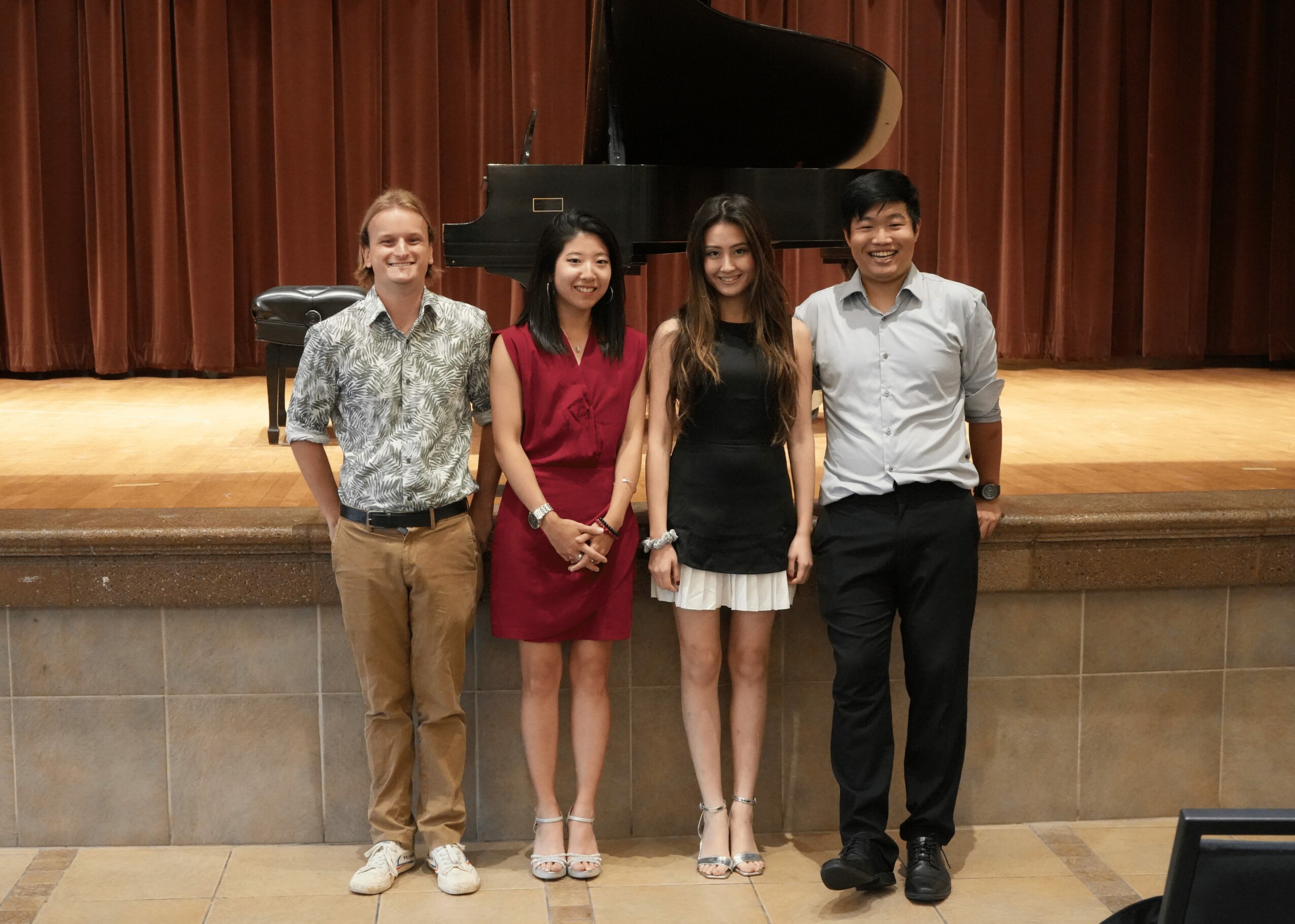
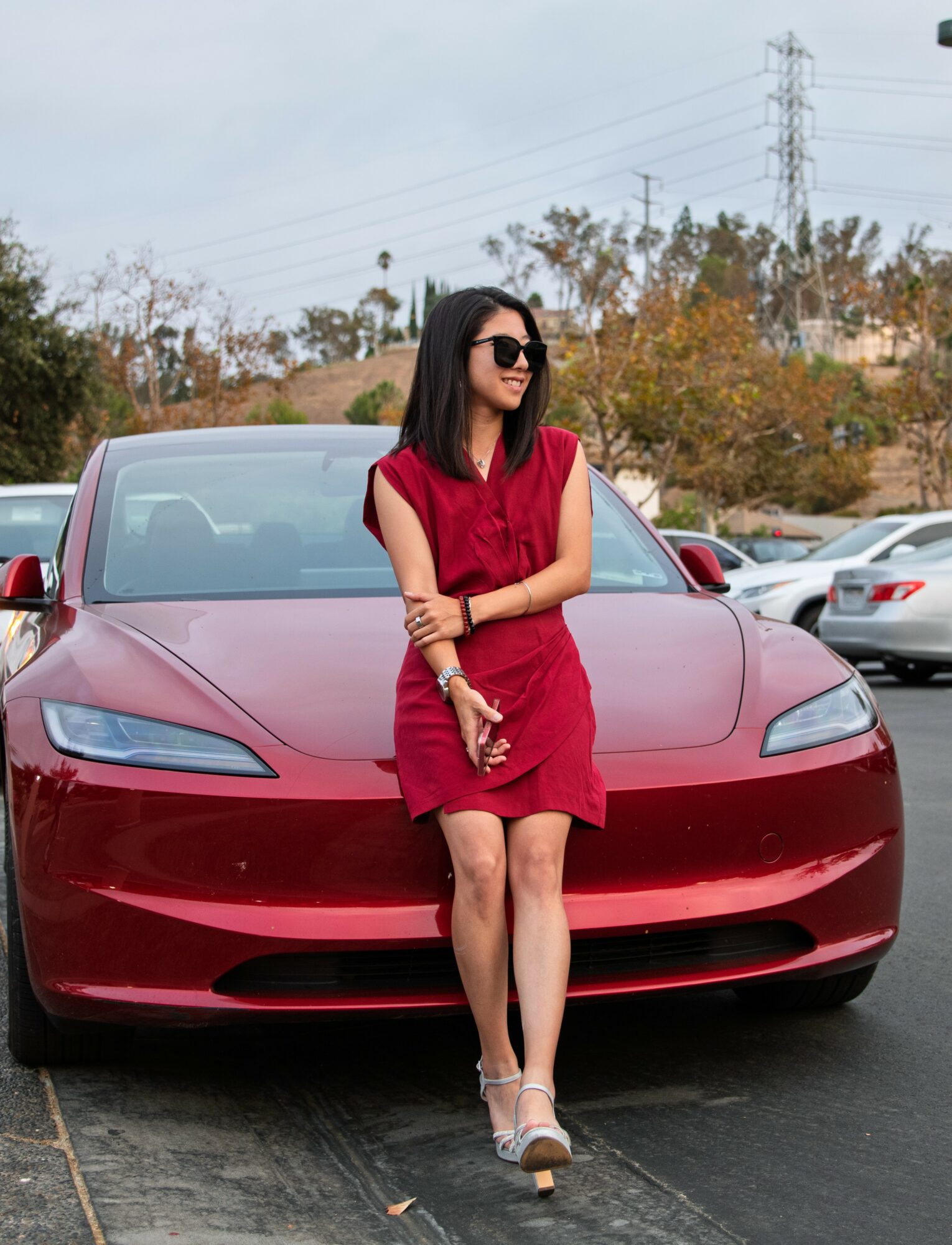
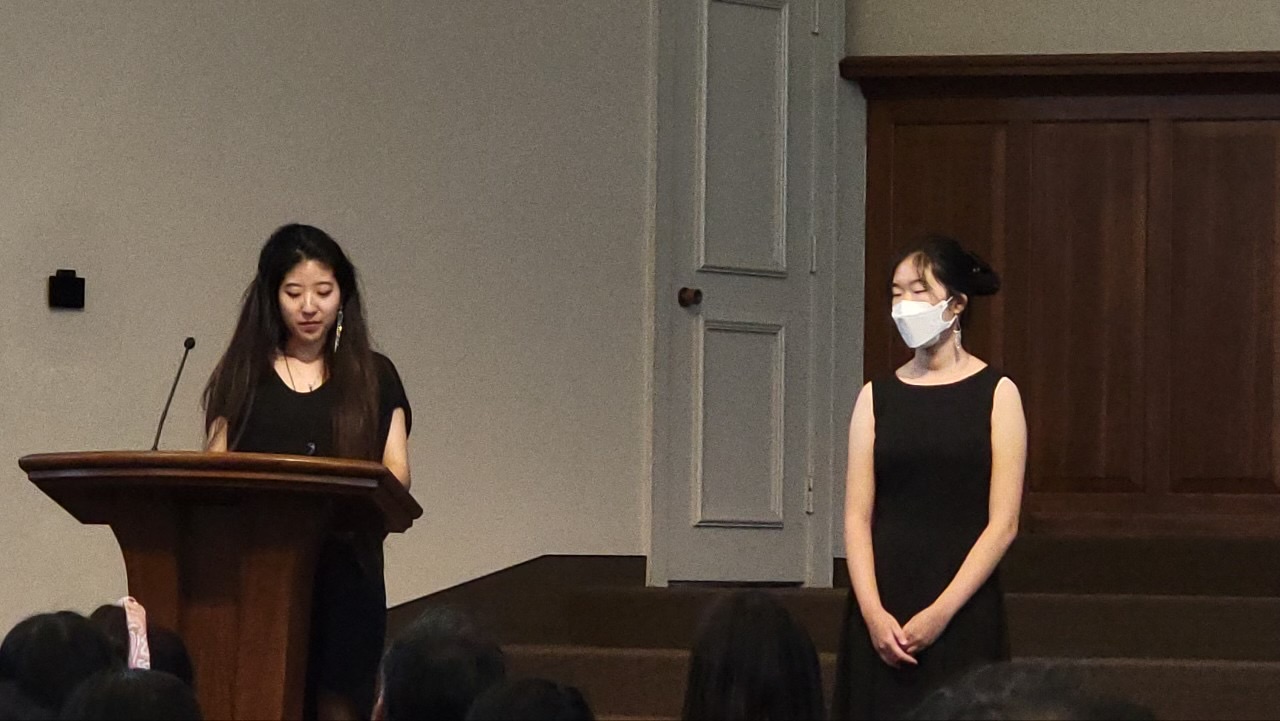
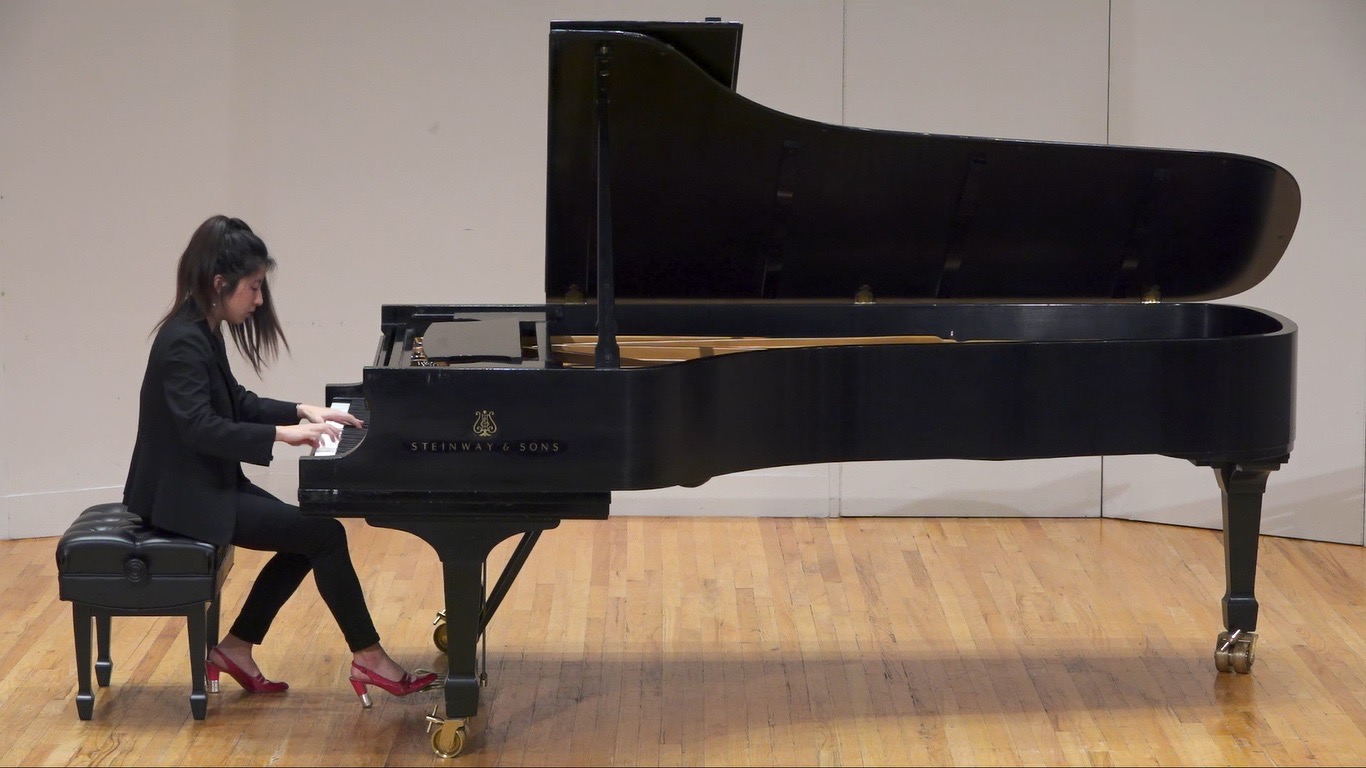

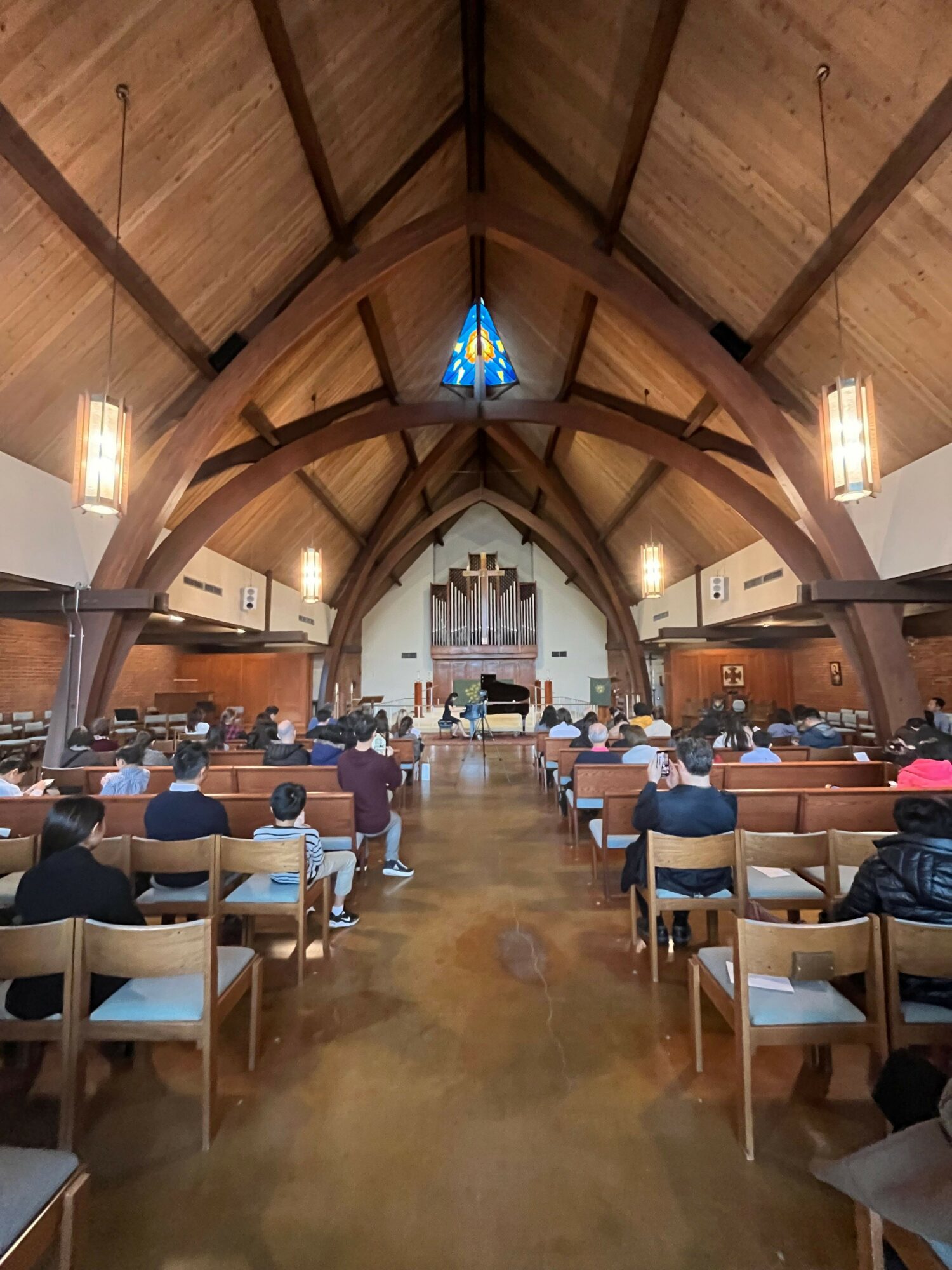
Image Credits
Bryan Estrada
Vincent Vu














